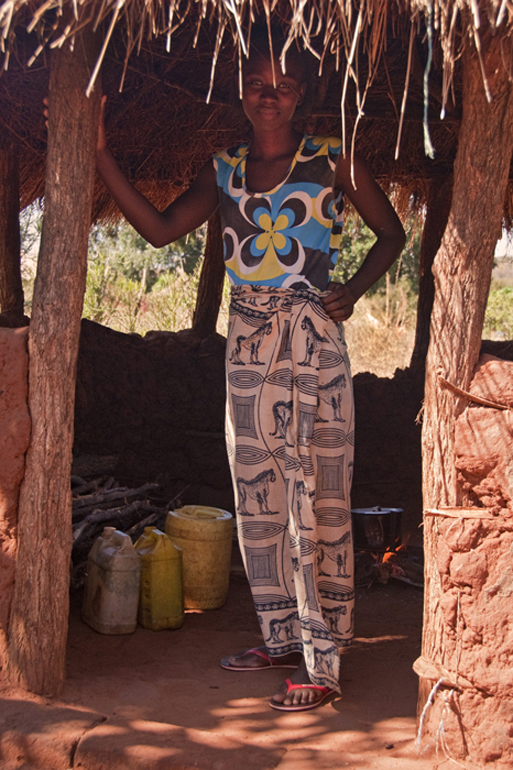
Don't it always seem to go
That you don't know what you got till it's gone?
We paved paradise and put up a parking lot.
Jonie Mitchell
The next major event that literally "fueled" the rise of human domination on our planet began in England. In 1713 ironmaster Abraham Darby began to use coal instead of charcoal to smelt (melt ore to separate metal) iron. It would be the first step in unlocking the staggering potential of fossil fuels. In the ensuing years coal began to power steam engines which were put to work in factories, mines, and railroads. The Industrial Revolution was born.
Then, in 1859, the world's first commercial oil well spewed crude out of the Pennsylvania earth, another event that would prove a game changer, like agriculture. Oil has been mentioned in human history since the time of Rome, but only as seeps. Now it was gushing! The oil well would make vast quantities of gasoline available to power engines, especially new modes of getting from here to there. First was Mr. Ford's Model T. Shortly thereafter the brothers Wright flew their plane at Kitty Hawk and aviation was off and flying. A revolution in transportation was underway.
But there is more to this than just rendering the horse, buggy, and passenger ship obsolete. Spinoff industries from oil included paint, plastics, and chemicals. Chemicals became fertilizers and pesticides which increased food production by a factor of two. The result was the modern "agro-industrial world," with more people living in larger cities and fed by rural megafarms. And it was all connected by asphalt arteries and hi-tech communication.
The above photo demonstrates that, even today, the Industrial Revolution has not penetrated every corner of the world. This is a rural village in Zambia-no cars, no coal, NO PLASTIC BAGS.(Next photo)